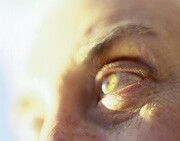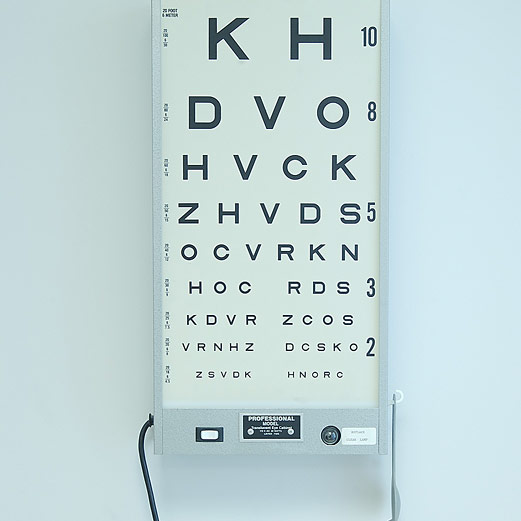
THURSDAY, Sept. 18, 2014 (HealthDay News) — Daily supplements of selenium or vitamin E don’t seem to protect against the development of age-related cataracts among men, a new study indicates.
Previous animal research has suggested that one or both could help prevent cataracts. To investigate this further, William Christen, from Brigham & Women’s Hospital and Harvard Medical School in Boston, and his colleagues examined data from a randomized, placebo-controlled trial of selenium and vitamin E. The trial was initially designed to study prevention of prostate cancer.
Of the more than 35,000 men involved in the initial study, more than 11,000 were asked to report if they had been diagnosed with cataracts or undergone cataract removal surgery since the study began. All of the black men in the study were aged 50 years or older. All of the other men were aged 55 years or older.
The average treatment and follow-up period was about six years. There were almost 400 cases of cataracts during that time, according to the findings published Sept. 18 in JAMA Ophthalmology.
Among the men taking selenium, there were 185 cases of cataracts, compared to 204 in the group that didn’t take this supplement. Meanwhile, 197 cases of cataracts were diagnosed among the men taking vitamin E, compared to 192 in the group that didn’t take it.
The men taking the supplements and those who didn’t also had similar rates of cataract removal, the researchers pointed out in a journal news release.
“These randomized trial data from a large [group] of apparently healthy men indicate that long-term daily supplemental use of vitamin E has no material impact on cataract incidence,” the study authors wrote.
“The data also exclude any large beneficial effect on cataract for long-term supplemental use of selenium, with or without vitamin E, although a smaller but potentially important beneficial effect could not be ruled out,” they added.
One expert concurred.
“To date, there has been no study that has conclusively identified vitamins or minerals as being a useful aid in the prevention of cataracts,” said Dr. Mark Fromer, an ophthalmologist at Lenox Hill Hospital in New York City and eye surgeon director for the New York Rangers hockey team.
“At the present time, there are no preventative solutions to slowing the progression of cataract formation other than decreasing exposure to ultraviolet light through the use of sunglasses,” Fromer said.
More information
The U.S. National Eye Institute has more about cataracts.
Copyright © 2026 HealthDay. All rights reserved.

